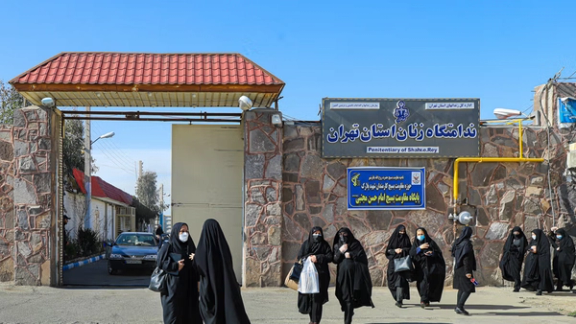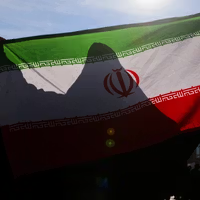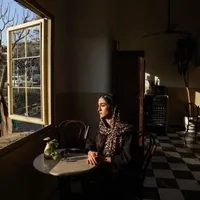“Disruptions in frequency bands and GPS signals are due to security concerns and the possible presence of drones,” Sattar Hashemi told reporters after a cabinet meeting, according to state media. “Naturally, this has created problems in providing services to the people. We are negotiating and working step by step to resolve them.”
Hashemi said Iran would not rely on a single technology, when asked about switching to China’s BeiDou navigation system. “We will naturally use all capacities that exist in the world. Sole reliance on one technology is not in our interest,” he said.
He also addressed mounting pressure from mobile operators to increase prices, noting that years of frozen tariffs and rising costs had left them struggling to maintain services.
“The significant increase in operating costs and wages, the higher price of imported equipment, and rising electricity bills have pushed operators to seek tariff reviews. Revising tariffs is essential for maintaining service quality and carrying out development projects,” he said.
The comments follow warnings from Irancell, Iran’s second-largest operator, that without a 70% rise in tariffs the country could face daily internet blackouts of up to three hours.
“If tariffs are not adjusted, operators will not be able to invest, and improving internet quality will be impossible,” CEO Alireza Rafiei said earlier this week, warning that internet outages could soon resemble Iran’s routine power cuts.
Iran has been grappling with deteriorating connectivity since a 12-day war with Israel in June. Internet speeds have slowed, blackouts have multiplied, and GPS interference has continued across major cities, disrupting everything from ride-hailing services and delivery apps to logistics firms and automated calls to prayer.
Ordinary Iranians say the disruptions have upended daily routines. “Even ordering food has become a pain,” a Tehran resident told Iran International. “Drivers can’t find you or show up at the wrong place. By the time it gets to you, it’s cold or your lunch break is over.”
Officials have defended the disruptions as necessary for national defense, arguing GPS jamming can prevent drones and guided missiles from hitting their targets.
“Some of the disruptions to the GPS system originate from within the country for military and security purposes,” Deputy Minister Ehsan Chitsaz said last month, adding Iran was exploring BeiDou as an alternative.
A report by Tehran’s E-Commerce Association earlier in the month ranked Iran 97th out of 100 countries for connectivity, calling its internet “unreliable, restricted and slow.” The group said more than 10 million online businesses had been damaged by systemic disruption.
Hashemi acknowledged the crisis had hurt businesses but insisted raising tariffs and diversifying technology were the only viable paths forward. “We must preserve the ability of operators to develop networks,” he said. “That requires revising tariffs and using every global capacity available.”
















